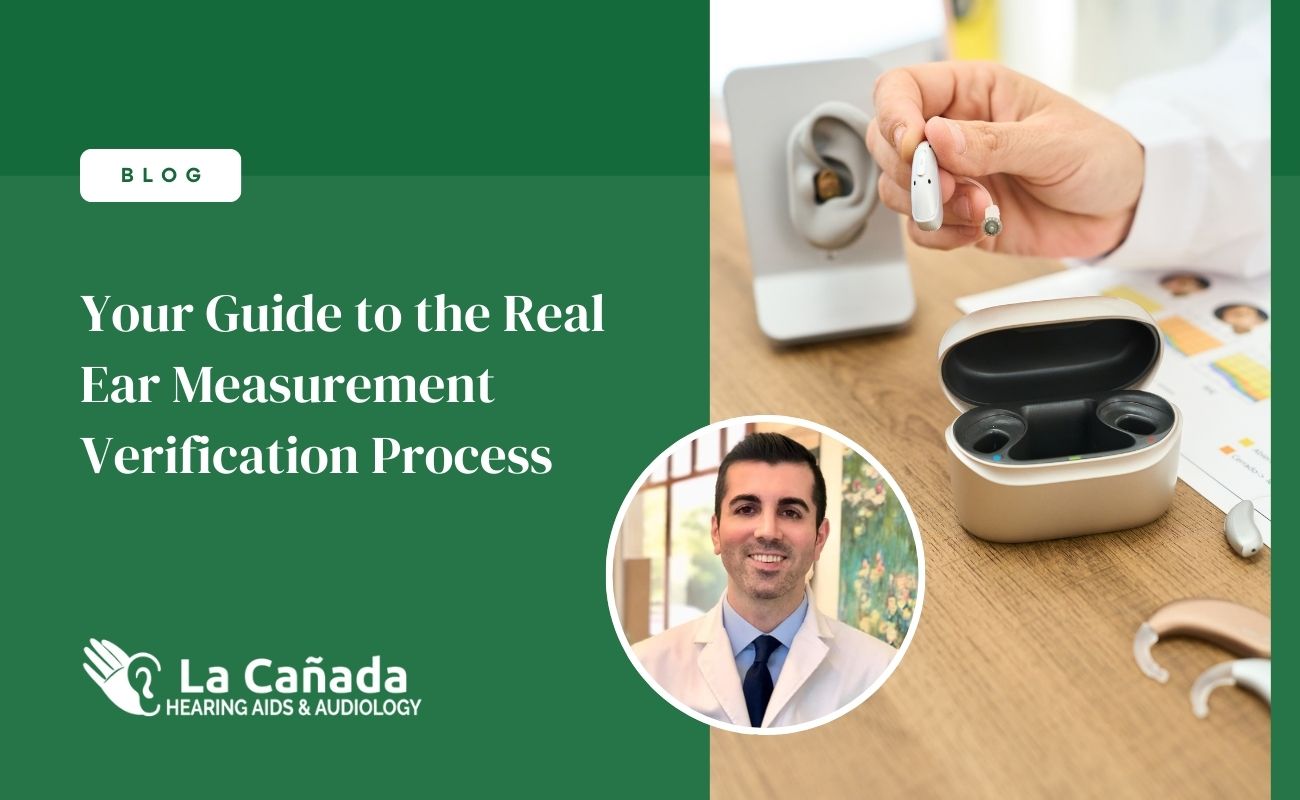Whether you're new to hearing aids or a seasoned user, the prospect of new hearing aids is no doubt exciting. Hearing technology has advanced to the point that we now have a variety of styles and features that can provide a natural and seamless listening experience regardless of your hearing abilities.
However, for such a significant investment, you'll want to make sure you've explored all avenues before parting with your hard-earned cash. Here are a few things to consider.
Consider your lifestyle
Are you a busy person who just wants something durable and reliable? Or are you a techie who lives in a Bluetooth-enabled world? No matter what your style, there's a hearing aid for you. What is tricky is having the patience and forethought to shop extensively and thoroughly research the market. This is where a good hearing practitioner can help - we can help find the perfect device to correct your hearing loss!
Consider the demands of your job.
Did you know that 60 percent of the American workforce suffers from hearing loss in some form? It is critical for your career to get fitted for new hearing aids if you suspect you have a hearing loss or if your current hearing aids are no longer functioning effectively.
Our team will work with you to find the optimum solution for your hearing needs, including your workplace hearing needs. We offer wireless hearing aids that connect to cellphones and other electronics, allowing you to stream phone calls directly to your ears. In noisy surroundings or areas with poor acoustics, assistive listening devices that link wirelessly with your hearing aids can help. All of these technologies are designed to help you perform better at work.
Consider which hearing aid type would work best for you.
Hearing aids come in various types, each with its own set of advantages and disadvantages. Do you own a pair of glasses? Do you have dexterity challenges as a result of arthritis? Do you want to keep your hearing aids hidden? These considerations are critical when selecting a hearing aid style.
Receiver-in-canal (RIC) hearing aids are the most popular hearing aid style. They are cosmetically appealing with indiscreet, slim clear wires that sit flush against your head. This style also has directional microphones which are important for hearing speech in background noise.
Behind-the-ear (BTE) hearing aids are another common option but are larger in size than RICs and utilize ear-molds. BTE hearing aids are made up of two parts: an over-the-ear plastic casing that holds the electrical components and a plastic tube that connects to a mold that lies in your ear canal. BTE hearing aids are great for those with dexterity issues because they are simply larger and easier to handle.
In-the-ear (ITE) hearing aids may be the best solution for those with advanced dexterity complications. The shell of an ITE hearing aid sits on the surface of your ear, and it is worn in your ear. This style can be made fairly large so it is easy to manipulate in your hands. Recently, this style is also available in a rechargeable option so you don’t have to change batteries out.
If you prefer the greatest discretion in appearance, there are in-the-canal options, such as completely-in-canal (CIC) or invisible-in-canal (IIC). Both designs are worn deep into the ear canal and are best suited to people with mild to moderate hearing loss. While these types are completely hidden, the volume and program controls are inaccessible, manually. Due to their size, CIC and IIC hearing aids also lack directional microphones, so you would be sacrificing some hearing quality for the cosmetic benefits of these specific styles.
Consider insurance options
Will your health insurance plan contain a rider that covers the cost of hearing testing as well as maybe assisting with the cost of hearing aids? Examining the scope of your coverage is the only way to be sure.
When hearing loss is the consequence of a gradual change in hearing abilities rather than a covered event, most group, and private health insurance plans are unlikely to cover these costs. Nonetheless, some policies do offer hearing riders. Knowing if this is the case for you can make finding a specialist who is part of the insurance provider's network.
Manage your expectations about what hearing aids can do for you.
The critical thing to remember about hearing aids is that while they are hugely beneficial, they will not return your hearing to normal levels. Hearing aids can help you hear better and interact better with others, but they cannot "cure" your hearing loss. They are instruments to assist you in managing your hearing problem. While they can considerably improve your quality of life, they are not without flaws. Even if your hearing aids are correctly fitted, you may still have difficulty hearing in specific situations.
Making an appointment for a hearing test.
Before purchasing hearing aids, it is necessary to undergo a hearing test. Having your hearing tested is the most effective way to determine the extent of your hearing loss and to select the best treatment options. Furthermore, knowing the source of your hearing loss and the specifics of how it manifests will aid you and your hearing team in selecting the best hearing aid for you. Remember, not every question can be answered by the internet. That's why you need to come in and see us. Contact us today to set up an appointment.


.webp)





